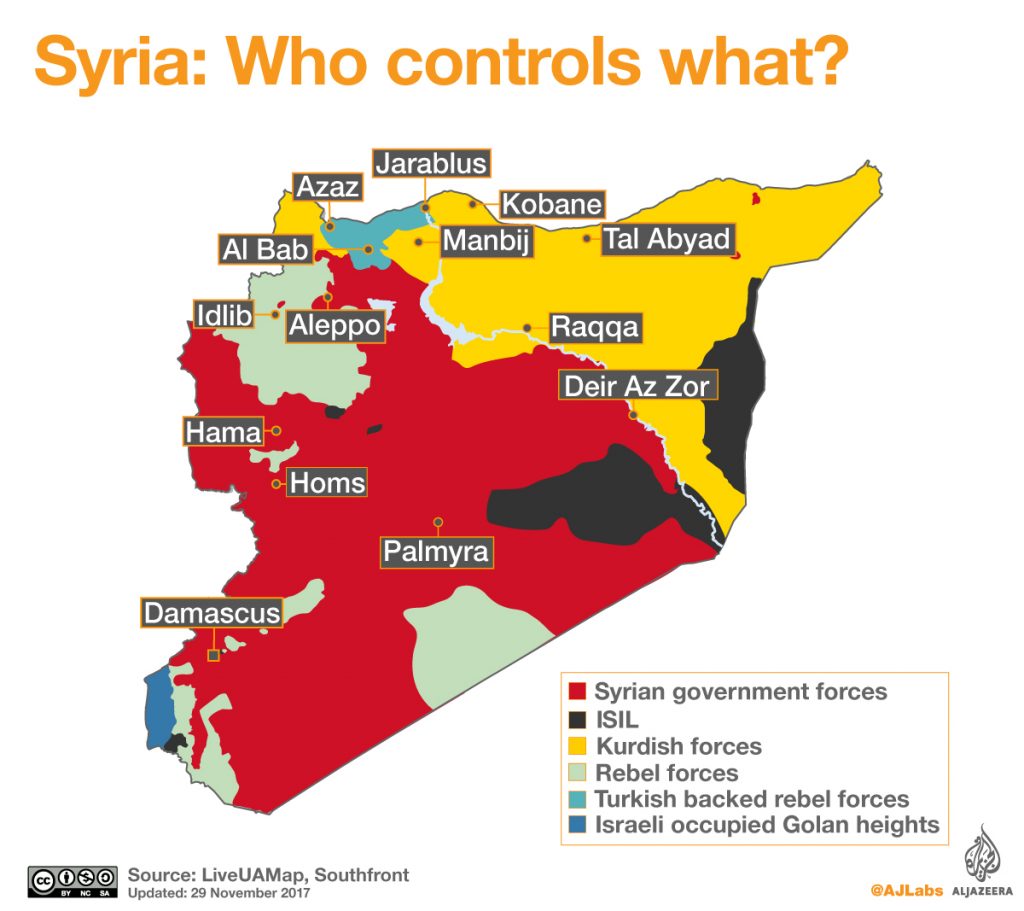 |
| Pict: blogs.kent.ac.uc |
The Syrian Civil War, a devastating and complex conflict, traces its origins back to 2011 when the populace expressed discontent over high unemployment, rampant corruption, and a lack of political freedom under President Bashar al-Assad's regime. The situation was exacerbated by the country's worst drought in modern history from 2006 to 2010, which, combined with economic disparities, fueled nonviolent pro-reform protests. These demonstrations were part of the broader Arab Spring uprisings but were met with violent government crackdowns, escalating into a full-blown civil war.
International involvement has significantly influenced the trajectory of the Syrian conflict. Russia and Iran have been staunch allies of the Assad government, providing military support and aiding in combat operations against opposition groups. In contrast, Turkey, Western powers, and some Gulf Arab states have supported various opposition factions. Russia's military intervention, particularly its aerial attacks targeting opposition militias, has been a decisive factor, although it did not prevent the Assad regime's control of territories from shrinking at certain points during the conflict.
Despite the argument that a single authoritarian ruler might bring stability, the current situation in Syria under Assad's control is far from stable or peaceful. Lawlessness pervades even in regime-held areas, with rampant crime, including theft, kidnappings, and armed clashes among families and militias. The regime's reliance on these militias for support and its failure to curb their criminal activities have led to a breakdown of social order and trust within communities. This chaos has forced many families to consider fleeing to neighboring countries, further destabilizing the region.
Moreover, the war has had catastrophic humanitarian consequences. Over half of Syria's population has been displaced, with millions requiring emergency aid and seeking asylum across more than 130 countries. The conflict has resulted in widespread poverty, hunger, and a staggering death toll, with estimates suggesting more than 600,000 fatalities. Efforts to broker a political settlement have stalled, leaving Assad in power but presiding over a fractured nation where the government's inability to maintain security and provide basic services is evident.
In conclusion, whie the notion that a single tyrant could be preferable to multiple warring factions might hold some appeal in theory, the reality in Syria demonstrates that Assad's continued rule has not led to peace or stability. Instead, the country remains divided, lawless, and suffering from the ongoing effects of a brutal civil war, with countless lives lost and communities shattered
===========
Published on : https://t.me/Geostratinsight1
Please read Malay (Bahasa) version HERE




0 Comments